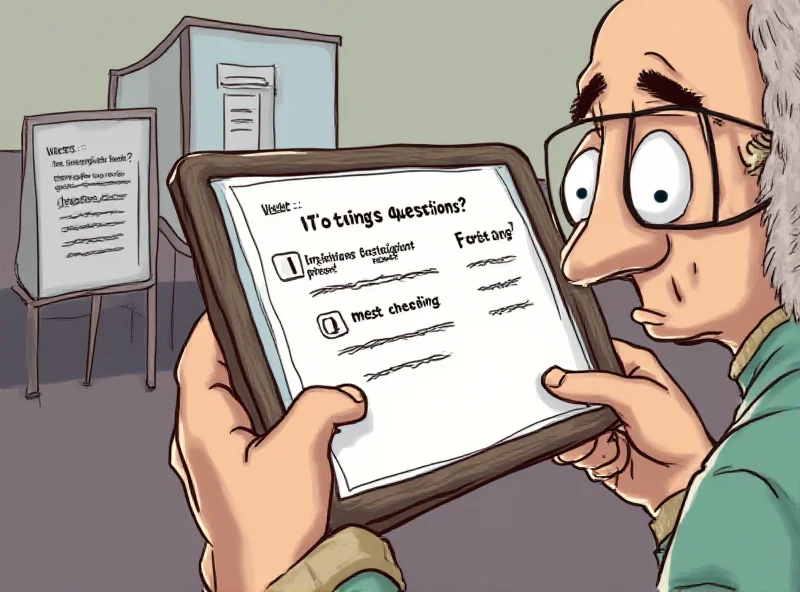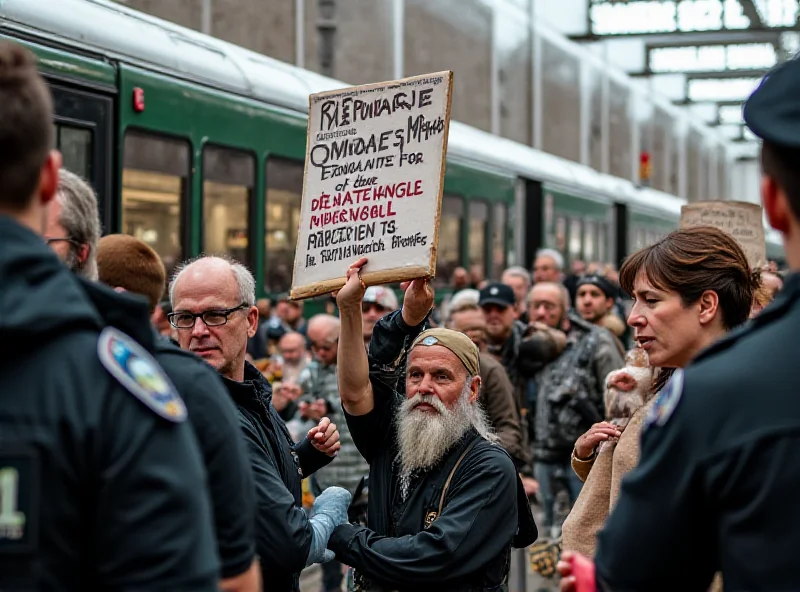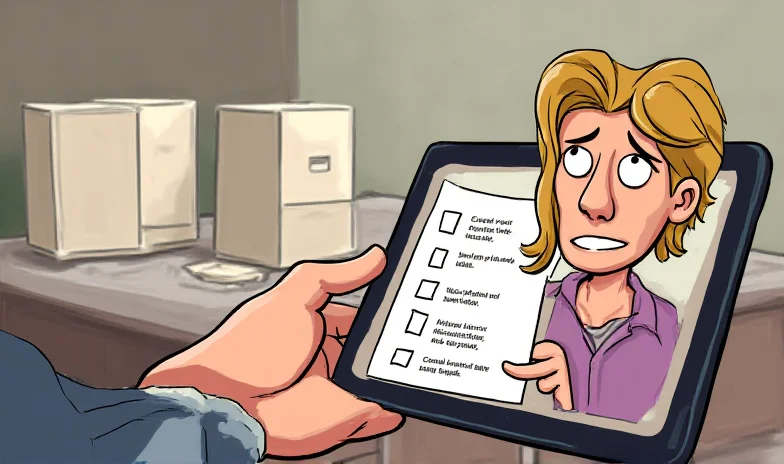This week's political landscape is a mixed bag, ranging from concerns about the integrity of polling to the impact of staffing cuts on essential services and the ongoing debate surrounding climate activism. Let's dive into the key stories making headlines.
Controversial Push Polls Target Independent MPs
Transparency advocates and independent Members of Parliament are raising serious concerns about what they're calling a "blatant push poll" targeting voters in two teal-held seats. These polls, characterized as an "affront to democracy," use loaded questions designed to sway public opinion against Climate 200-backed MPs Zoe Daniel and Allegra Spender. Push polling is a negative campaigning technique that uses leading questions in an attempt to influence the respondent's views. This tactic raises questions about the ethics and transparency of political campaigning.

The use of anonymous push polls highlights the ongoing debate about the need for greater transparency in political advertising and campaigning. Critics argue that voters deserve to know who is behind these efforts to influence their opinions. The controversy underscores the importance of informed and critical engagement with political messaging.
The Perils of "Hearing From Both Sides"
A thought-provoking cartoon by Stephen Collins is sparking debate about the concept of "hearing from both sides." The cartoon, titled "'Please let Mr Hitler speak': the trouble with 'hearing from both sides'," challenges the idea that all opinions deserve equal platforms, particularly those that are historically and morally reprehensible.
The cartoon uses satire to question the validity of providing a platform for extremist views simply in the name of fairness and balance. It suggests that some voices carry a historical and moral weight that demands careful handling rather than uncritical exposure. This piece encourages critical reflection on the responsibilities that come with freedom of speech and the potential dangers of amplifying harmful ideologies.
Weather Service Understaffed Amid Storm Season
Recent staffing cuts implemented during the Trump administration have left the National Weather Service significantly understaffed, raising concerns about the agency's ability to effectively monitor and respond to severe weather events. With tornado season already underway, the timing of these cuts is particularly troubling.

According to reports, the National Weather Service has lost approximately 10% of its staff, with offices in areas prone to severe weather being the hardest hit. This reduction in personnel could have serious consequences for disaster preparedness and public safety. As one expert noted, "Adequate staffing is crucial for accurate forecasting and timely warnings, especially during periods of intense weather activity."
Climate Protester Convicted, Claims Jury "Bullied"
Dr. Diana Warner, a retired doctor and climate activist, was found guilty of obstructing the railway during a protest at the Drax power plant. The case has sparked controversy, with Warner claiming that jurors were unfairly "bullied" by the judge into reaching a guilty verdict.

Warner told The Guardian she believed the jury had been pressured to base their decision solely on the evidence, rather than their conscience. This case highlights the complex ethical considerations that arise in cases involving civil disobedience and the role of juries in upholding both the law and their own moral convictions. The judge responded that jurors should try the case “on the evidence, not your conscience".
These stories reflect the diverse and often challenging issues shaping the political landscape. From the integrity of elections to the impact of policy decisions on essential services and the ongoing debate surrounding climate change, these are issues that demand our attention and engagement.
